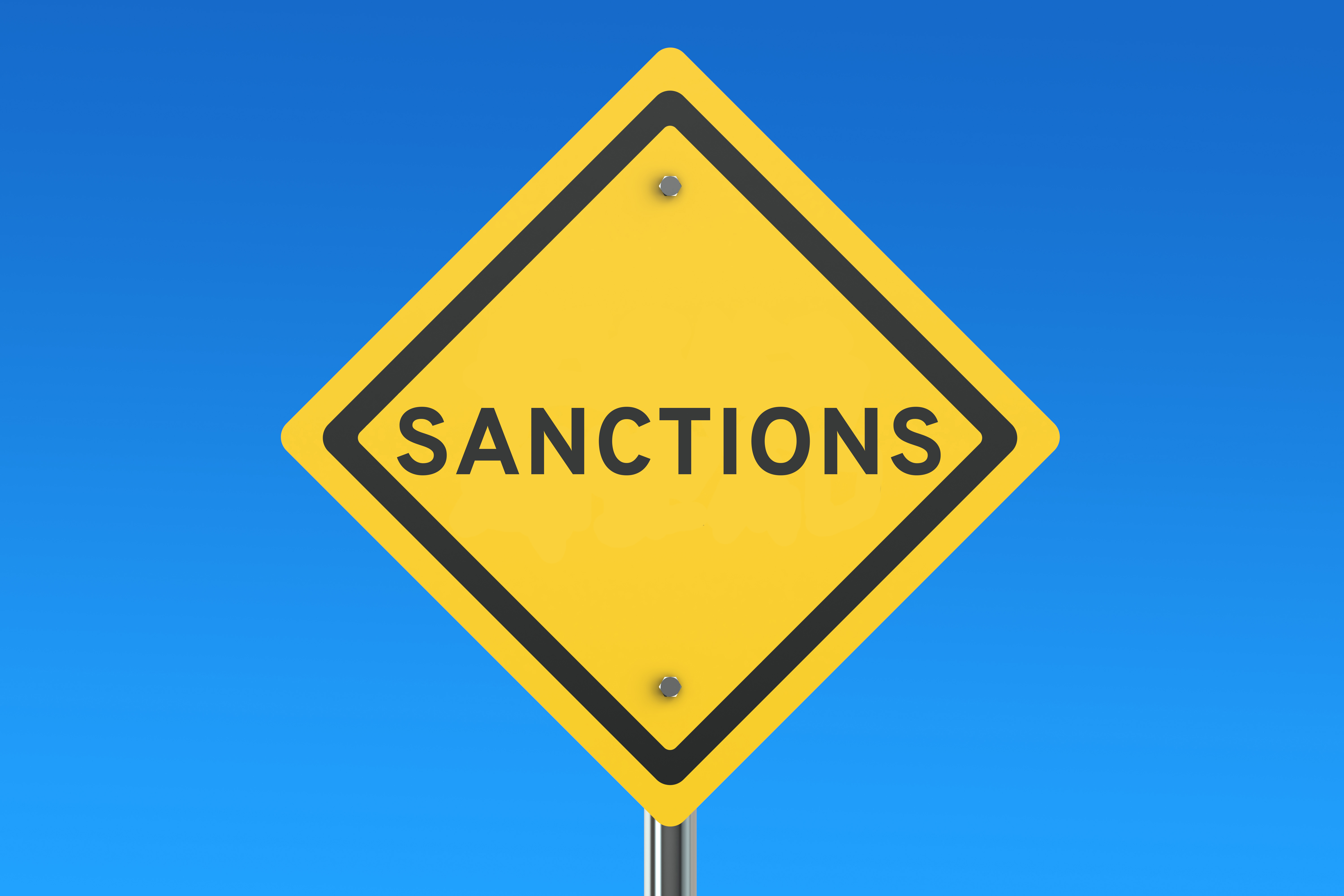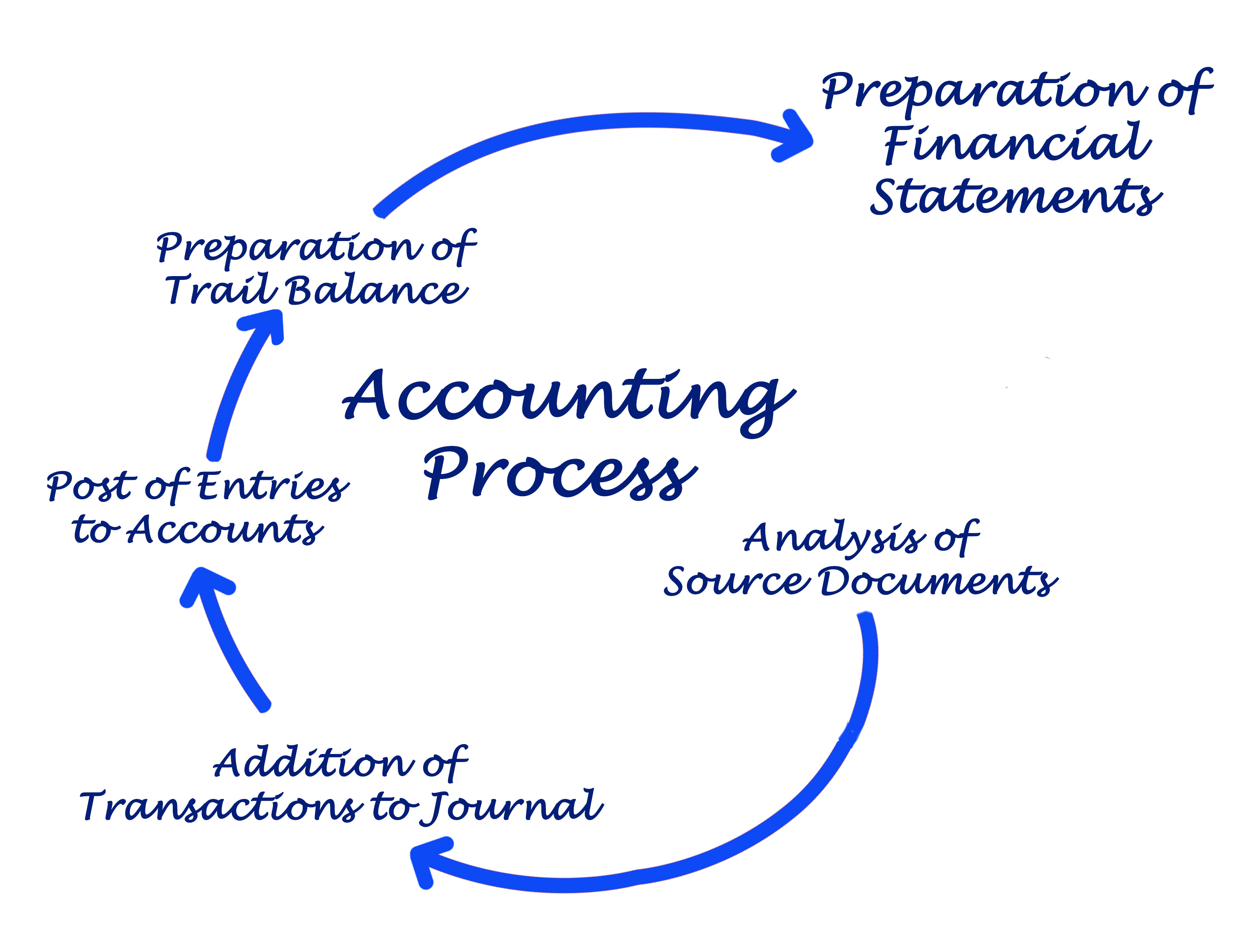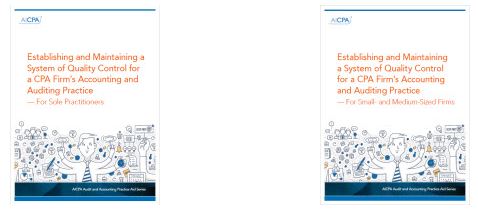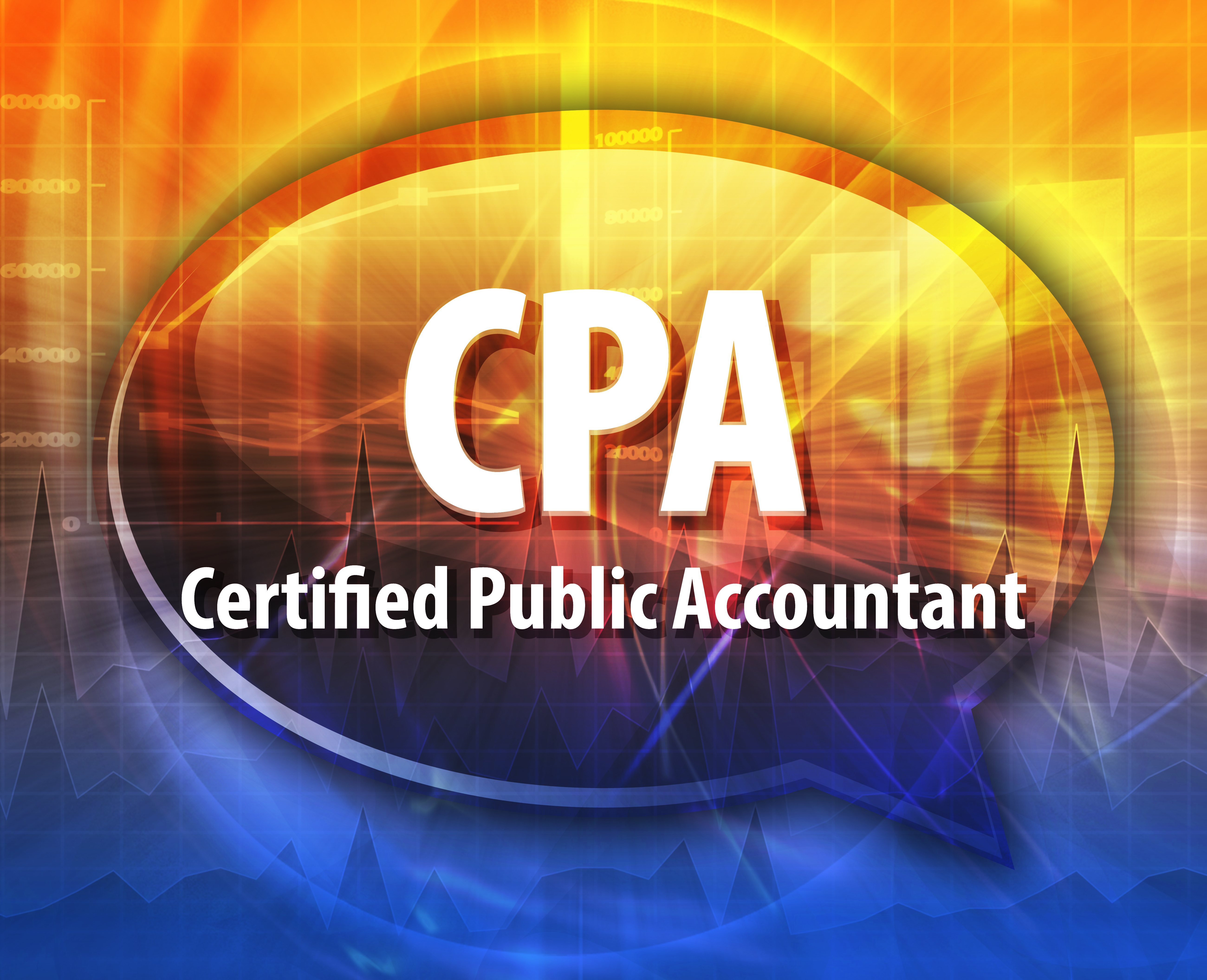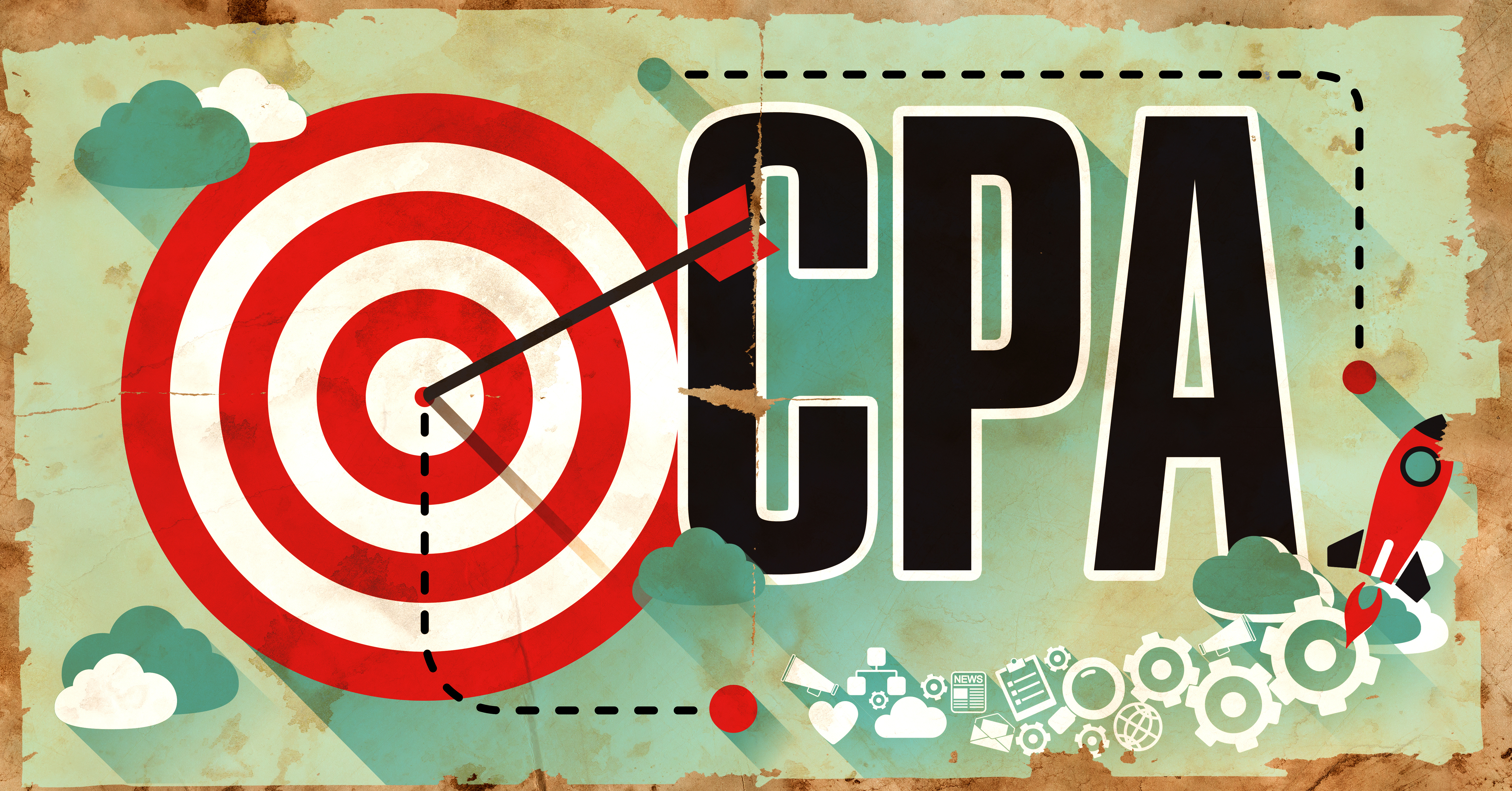Major revision to Quality Control Standards on the horizon.
The AICPA’s Auditing Standards Board is proposing a massive overhaul of the Quality Control Standards.
Who will this affect? All CPA firms who provide any audit, review, compilation, preparation, or attestation engagements. In other words, anyone with any accounting & auditing work.
As a mere starting point, the new standards will be relabelled as Quality Management Standards. Instead of QC system, we will now have a QM system.
As a reminder, QC or QM standards apply regardless of whether you go through a system review or engagement review during your tri-annual peer review. The QC/QM system is tested in a system review but you still must have a formal QC/QM system even if you only do comps and reviews.
This post will provide a quick mention of what I see as the three biggest changes followed by a lengthy summary.
Major changes
A massive change that will impact small firms is that the annual inspection (which is currently required and will continue to be required) may not be performed by anyone who worked on the engagement.
For one person firms, this will require us to get someone outside the firm to perform the annual inspection. Two or three partner firms where the partners do essentially all of the work will also have to get someone from outside to do the inspection.
Two of the other changes of note: new risk assessment process and annual evaluation of quality management system.
The risk assessment process will require establishing quality objectives, identifying risks to achieving those quality objectives, and implement responses to address the quality risks.
After a one year delay to allow running the new QM system for a while the new requirement of an annual assessment of the QM system will kick in.
Proposed effective dates
The first Statements on Quality Management Standards, referred to as SQMS #1, is proposed to require the new quality management system be designed and implemented by December 15, 2023. The first annual evaluation of the system of quality management is proposed to be required within one year following December 15, 2023.
Rephrasing the effective date, the new QM system has to be in place before the end of 2023 (by 12/15/23 to be exact). That is about 2½ years from now. The first annual evaluation will be required one year after that, by the end of 2024 (specific deadline 12/15/24).
Summary of exposure drafts
…Major revision to Quality Control Standards on the horizon.Read More »
Major revision to Quality Control Standards on the horizon. Read More »

